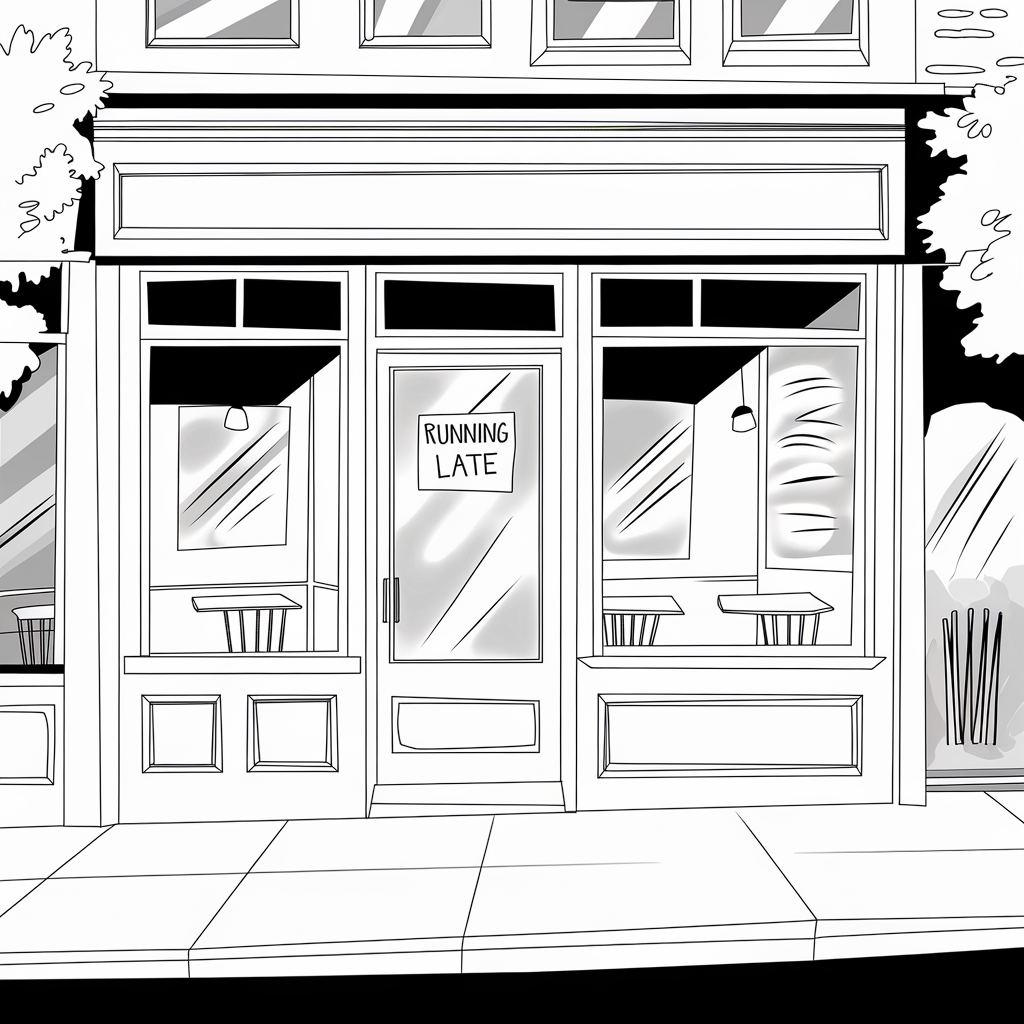5 Best Ways to Handle Employee Tardiness in Restaurants Without Losing Your Mind

Running a restaurant comes with its share of challenges, and one that constantly tests your patience is when employees show up late. Whether it’s a young worker running late due to an unexpected mishap or someone dealing with a dog that had a bad night, late employees are part of the game. So how do you handle this without losing your cool? Let’s dive into five practical ways you can manage tardiness while keeping the kitchen (and your sanity) intact.
1. Create a Flexible, Realistic Schedule
Sometimes, employees are late because their shifts don’t fit their lives. As a manager, being open to swapping shifts or adjusting start times can go a long way. If your night chef also likes to ride mountain bikes on weekends, maybe don't schedule them for early morning shifts. Consider working with them to balance their work and personal life. A flexible schedule shows you care and helps avoid unnecessary lateness.
Tip: Set up an app like 7shifts.com for your team to swap shifts easily. This takes the pressure off you and puts accountability in their hands, while also streamlining scheduling, tracking employee availability, and reducing potential conflicts.
2. Implement a Grace Period for Minor Delays
Things happen—traffic, flat tires, or wet laundry disasters. A short grace period (5-10 minutes) lets employees handle the unexpected without panic. It’s a simple way to reduce stress and give employees some breathing room. Plus, it’s better than hearing about how someone's Great Dane had an "accident" that delayed their start time.
Tip: Communicate clearly that this grace period is for legitimate issues and not for people trying to start their shift with a break!
3. Use Humor to Defuse Stress
Managing a restaurant can be high-pressure, so when someone shows up with a strange excuse—like a coworker driving dressed as a clown—it’s okay to laugh. Building a culture where everyone can laugh off the weird stuff encourages honesty and a better atmosphere. When employees feel comfortable, they’re more likely to come to you with real issues rather than hiding them.
Tip: Start team meetings with “What’s the weirdest reason someone’s been late?” This keeps things light but still gets the message across that punctuality matters.
4. Reward Punctuality, Don’t Just Punish Tardiness
While dealing with tardiness is necessary, don’t forget to recognize those who consistently show up on time. Simple incentives like choosing their preferred shifts, extra breaks, or even a shout-out in a meeting can motivate others to be more punctual. It shifts the focus from what’s wrong to what’s going right.
Tip: You could have a “Rockstar of the Week” award for the most punctual employee. Little things like this keep people motivated.
5. Have a Clear Policy (But Keep It Human)
Every restaurant needs a clear, written policy for tardiness. It helps everyone know the boundaries and sets the expectation that punctuality is part of the job. However, be prepared to bend when truly crazy things happen. A guy who calls saying his entire street is blocked off due to a hostage situation? Yeah, maybe give that one a pass.
Tip: Make sure new hires know the policy during onboarding, but also share that you understand life happens. A mix of structure and empathy goes a long way.
Every restaurant needs a clear, written policy for tardiness. It helps everyone know the boundaries and sets the expectation that punctuality is part of the job. However, be prepared to bend when truly unexpected things happen. A guy who calls saying his entire street is blocked off due to a major traffic accident? Yeah, maybe give that one a pass.




